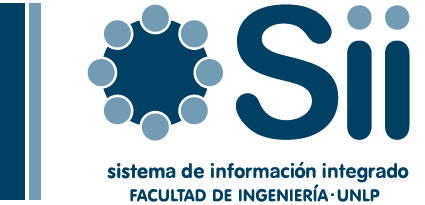The Robotics Divide [libro electrónico] : ; A New Frontier in the 21st Century? / edited by Antonio Lopez Pelaez.
Tipo de material: TextoDetalles de publicación: London : Springer London : Imprint: Springer, 2014.Descripción: vi, 221 pTipo de contenido:
TextoDetalles de publicación: London : Springer London : Imprint: Springer, 2014.Descripción: vi, 221 pTipo de contenido: - text
- computer
- online resource
- 9781447153580
- TJ210.2-211.495
- T59.5
21st-century Robotics: From the Factory to the Private Realm -- Perspectives on Industrial Robotics -- Perspectives on Service Robotics -- Military and Aerospace Robotics -- Robotics and Social Stratification -- Public Opinion and Technology Assessment: Perspectives on Advanced Robotics -- The Robotics Divide: Lessons from the Digital Divide -- Dependency, Social Work and Advanced Automation -- Inequalities in the Information Society: From the Digital Divide to Digital Inequality -- Prospective Techno economic Analysis for the Post-crisis World -- Economics, Robotics and Power -- Social Interaction and On-line and Off-line Robotics: Perspectives on Web Robots -- The Robotics Divide: Characteristics, Trends and Scenarios in the 21st Century.
Societies survive in their environment and compete with each other depending on the technology they develop. Economic, military and political power are directly related to the available technology, while access to technology is key to the well-being of our societies at the individual, community and national level. The Robotics Divide analyzes how robotics will shape our societies in the twenty-first century; a time when industrial and service robotics, particularly for military and aerospace purposes, will become an essential technology. The book, written by experts in the field, focuses on the main technological trends in the field of robotics, and the impact that robotics will have on different facets of social life. By doing so, the authors aim to open the â_oblack boxâ__ of a technology which, like any other, is designed, implemented and evaluated according to the economic and cultural patterns of a cosmopolitan society, as well as its relations of power. The Robotics Divide explores future developments in robotics technology and discusses the model of technological development and the implementation of robotics in this competitive market economy. Then the authors examine to what extent it is possible to determine the characteristic features of the robotic divide, namely in what ways the robotic divide differs from the digital divide, and how a model to integrate this technology can be developed without reproducing patterns of inequality and power that have characterized the advent of previous technologies. These issues - inequality, robotics and power - are of concern to robotics and advanced automation engineers, social scientists, economists and science policy experts alike.
No hay comentarios en este titulo.
